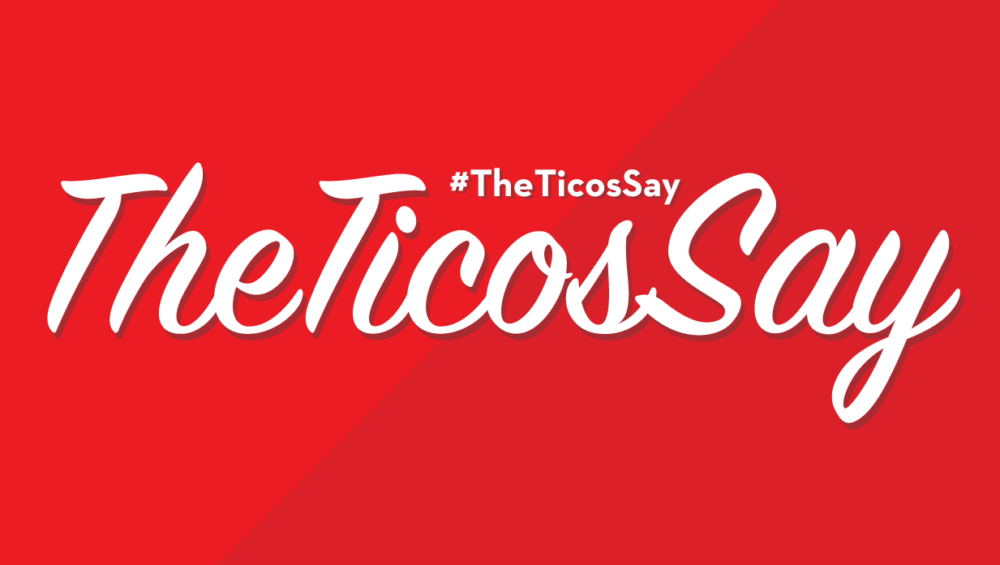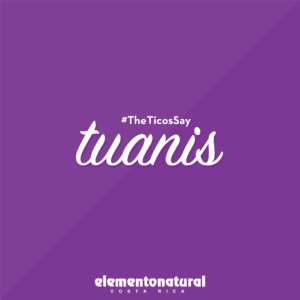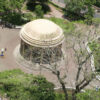How To Travel With A Baby
If you have done much traveling in your life, chances are you have been on a flight when someone’s baby has cried most of the way. This experience makes traveling with a baby a daunting experience. Having said that, this is no reason to shy away from taking a trip with your little one. While there are no guarantees that your baby will be happy the entire time, there are steps that you can take to help stack the odds in your favor. We want you to keep traveling, and of course you need to travel with your loved ones, no matter how small they are!

Seat Selection
There are a couple of things to consider when planning your trip, and seat selection is one of them. If you are nursing, you might want to go for the window seat. On a relative basis, the window seat will give you the most privacy. On the other end of the spectrum, the aisle seat provides practically no privacy. However, this seat can be nice if you need to get up frequently to change your little one’s diapers. Regardless of which seat you choose, there are trade offs. So, think through your priorities before booking your flight.

What To Bring On The Trip
In general, it’s a good idea to travel fairly light since you will be carrying your little one around. That said, there are a few things that you should definitely bring along. Entertainment, food, and diapering supplies all come to mind.
For entertainment, a couple of choice books can be a great start. A lot of babies love story time, and they generally don’t mind repeating the same story a few times. A stuffed animal or rattle wouldn’t hurt either.
If you’re little one is eating solids, you’ll want to bring some food. The key is to pack something that travels well, and isn’t too messy. Think something along the lines of dry cereal.
As for diaper supplies, it’s good to have just a little more than you think you will need. You do want to try and travel light. But, the last thing you want is to run out of diapers when a blowout happens. Besides, given how common flight delays are, you just never know how long your travel day will be.

What To Leave Behind
There is definitely a benefit to traveling light. So try to just bring the necessities. For example, unless you plan on doing a ton of walking on your trip, I would recommend leaving the stroller behind. Instead, bring a baby carrier, which is much lighter and more compact.
If you can make arrangements to borrow or rent a bassinet and car seat, this will save you the trouble of lugging them through the airport. That in turn might make for an easier trip.
Final Thoughts
While it can be intimidating to plan a trip with a baby, people do it all the time. Part of the key is getting into the right frame of mind. Yes, it might be a long and challenging day. But, eventually, you will reach your destination. When you do, you might just find that the journey was worth it.
By Ryan Howard, from SmartParentAdvice, a site that provides parenting advice for moms and dads.
Ryan writes about all of the different ups and downs of parenting, provides solutions to common challenges, and reviews products that parents need to purchase for babies and toddlers.


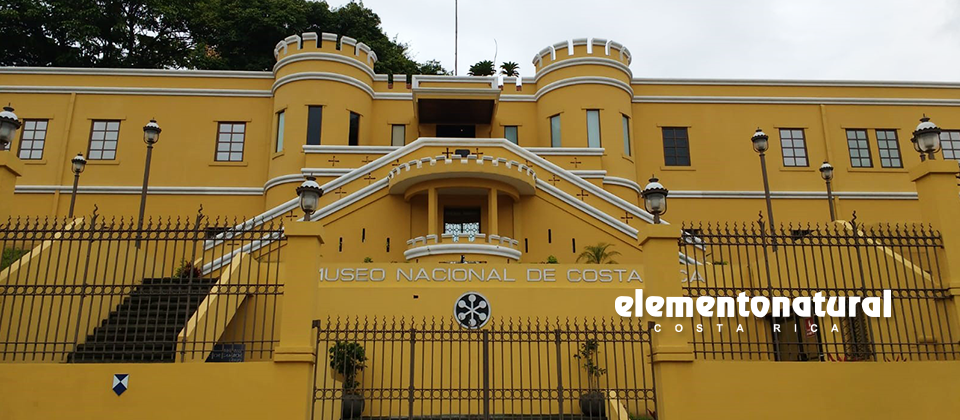
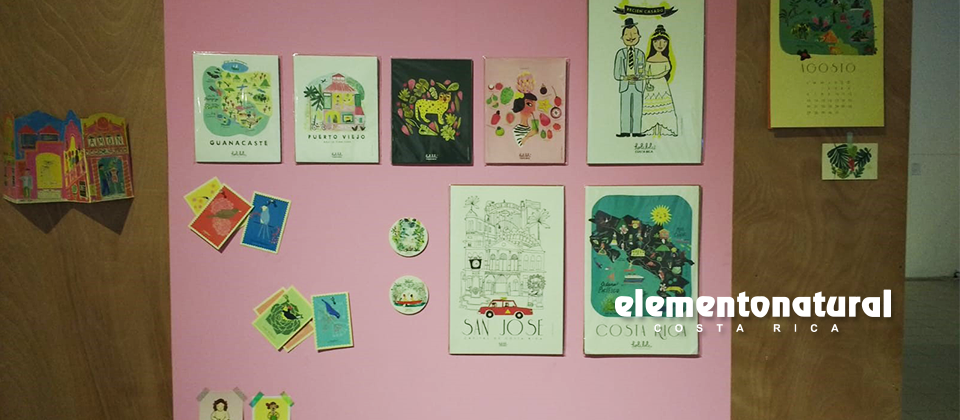
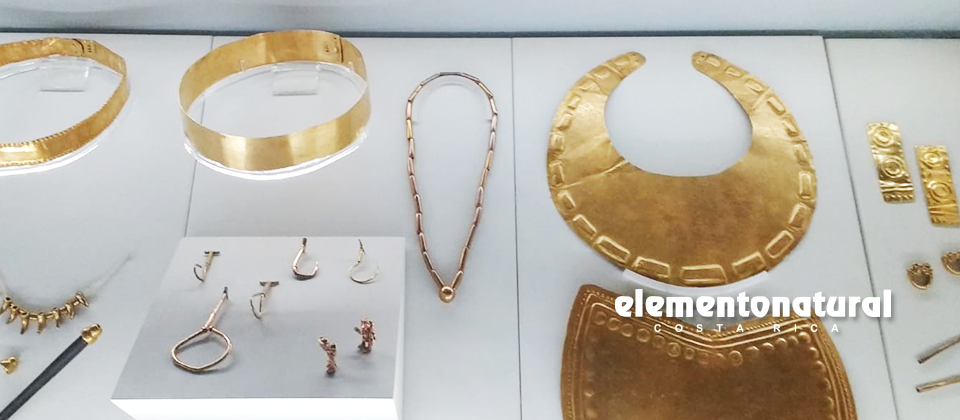
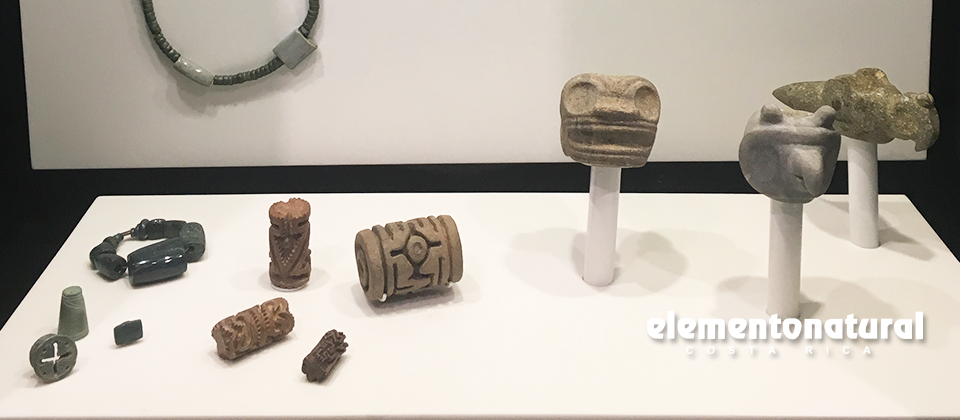
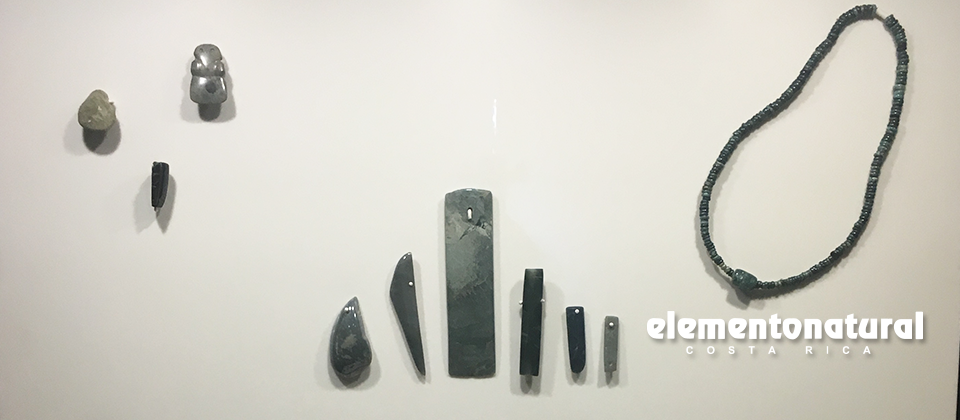
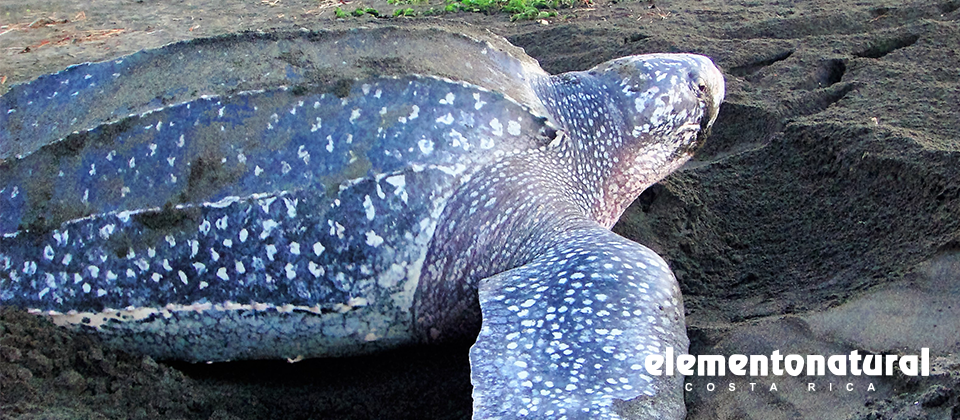
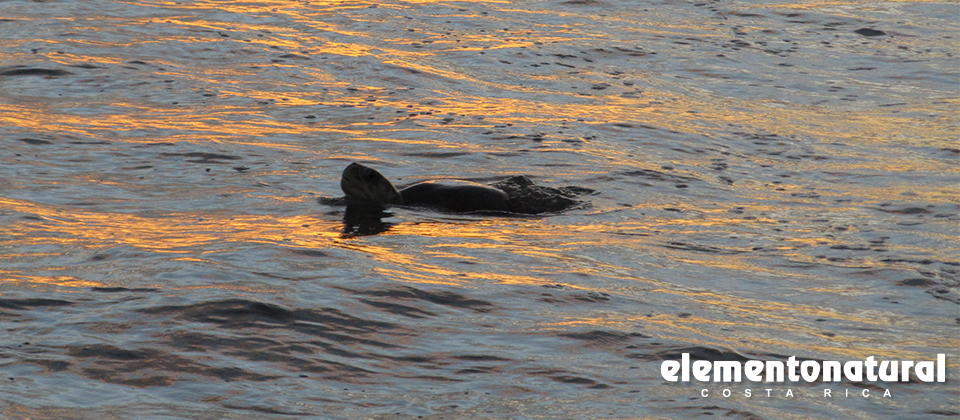
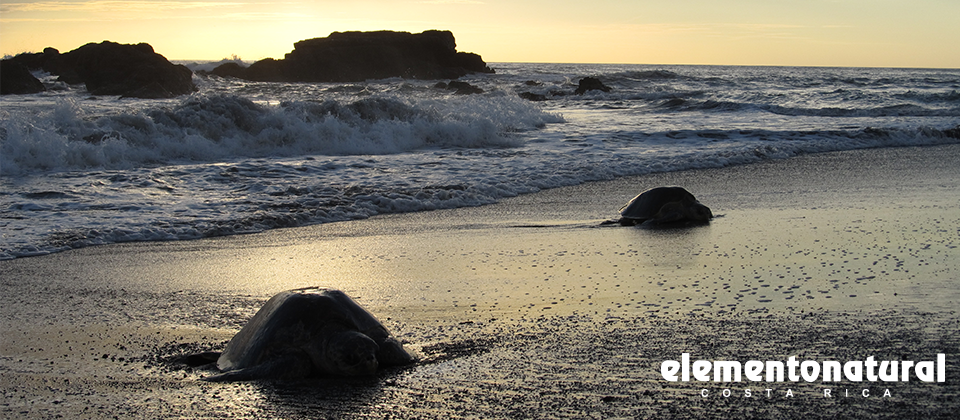
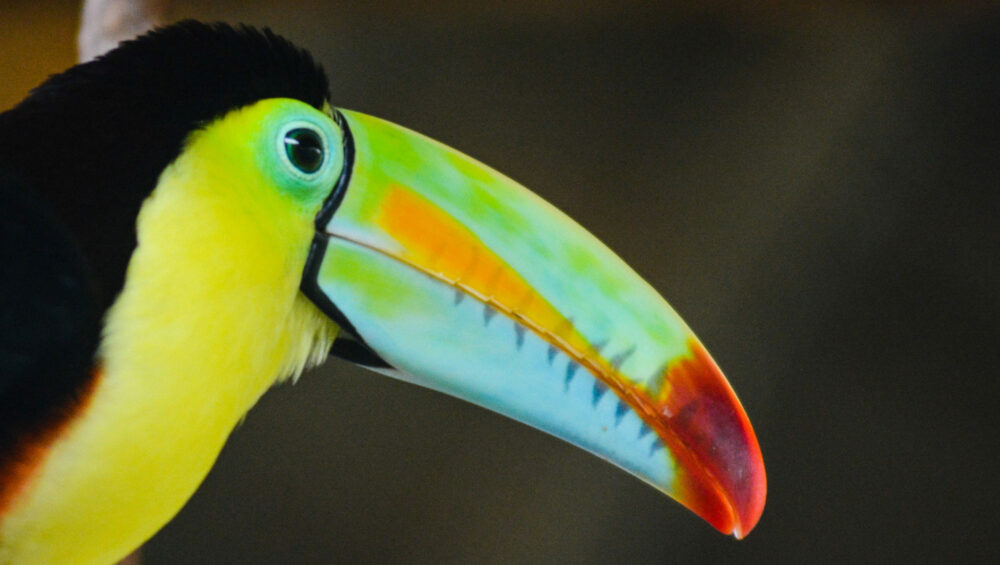
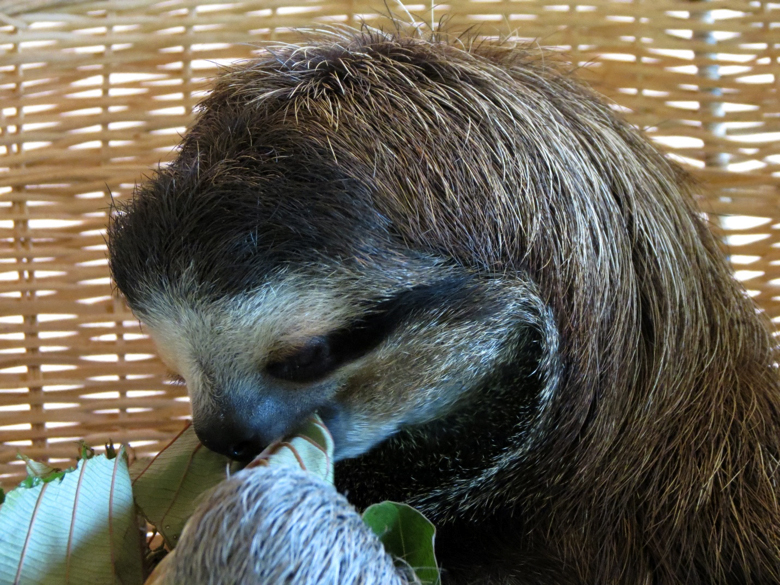

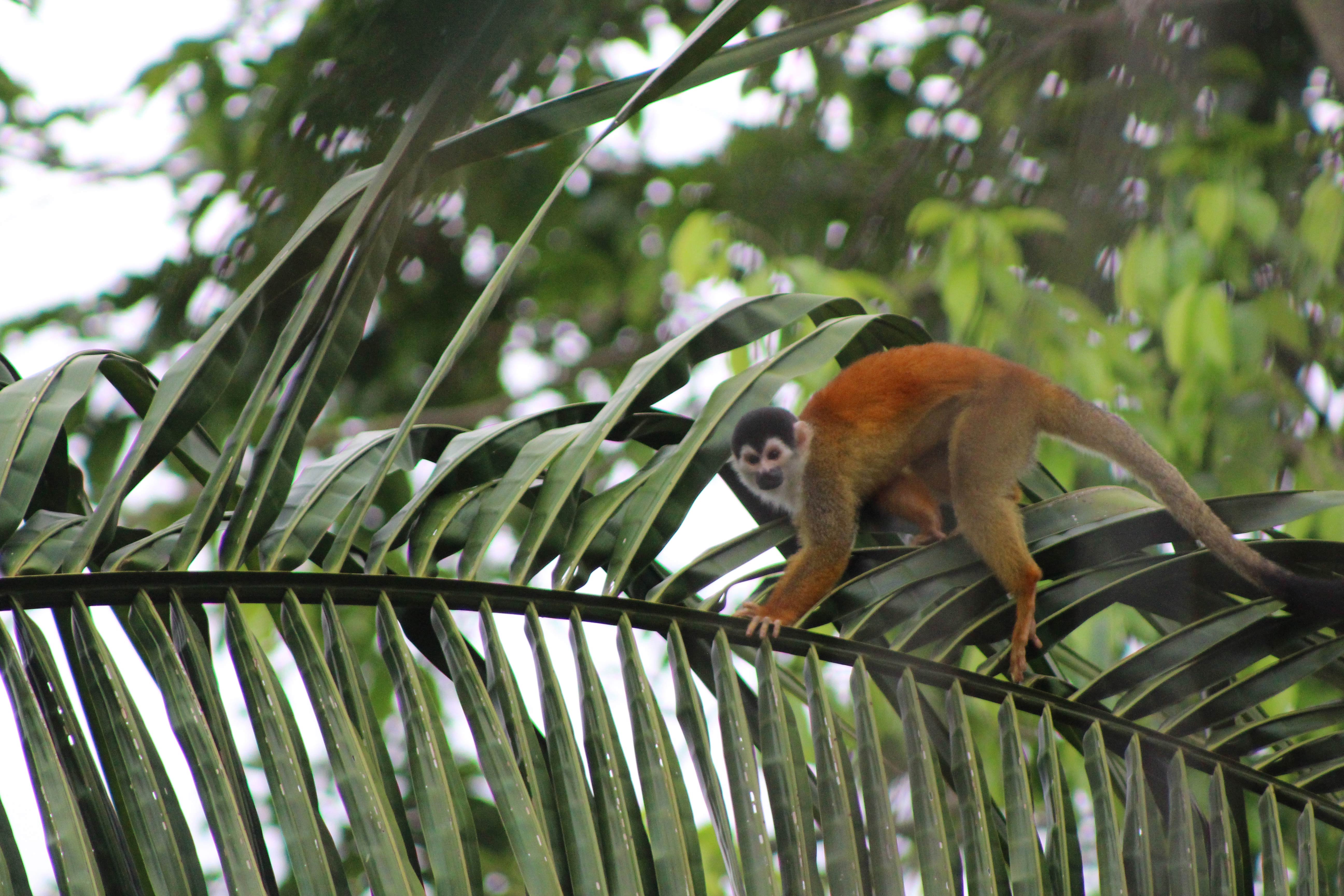
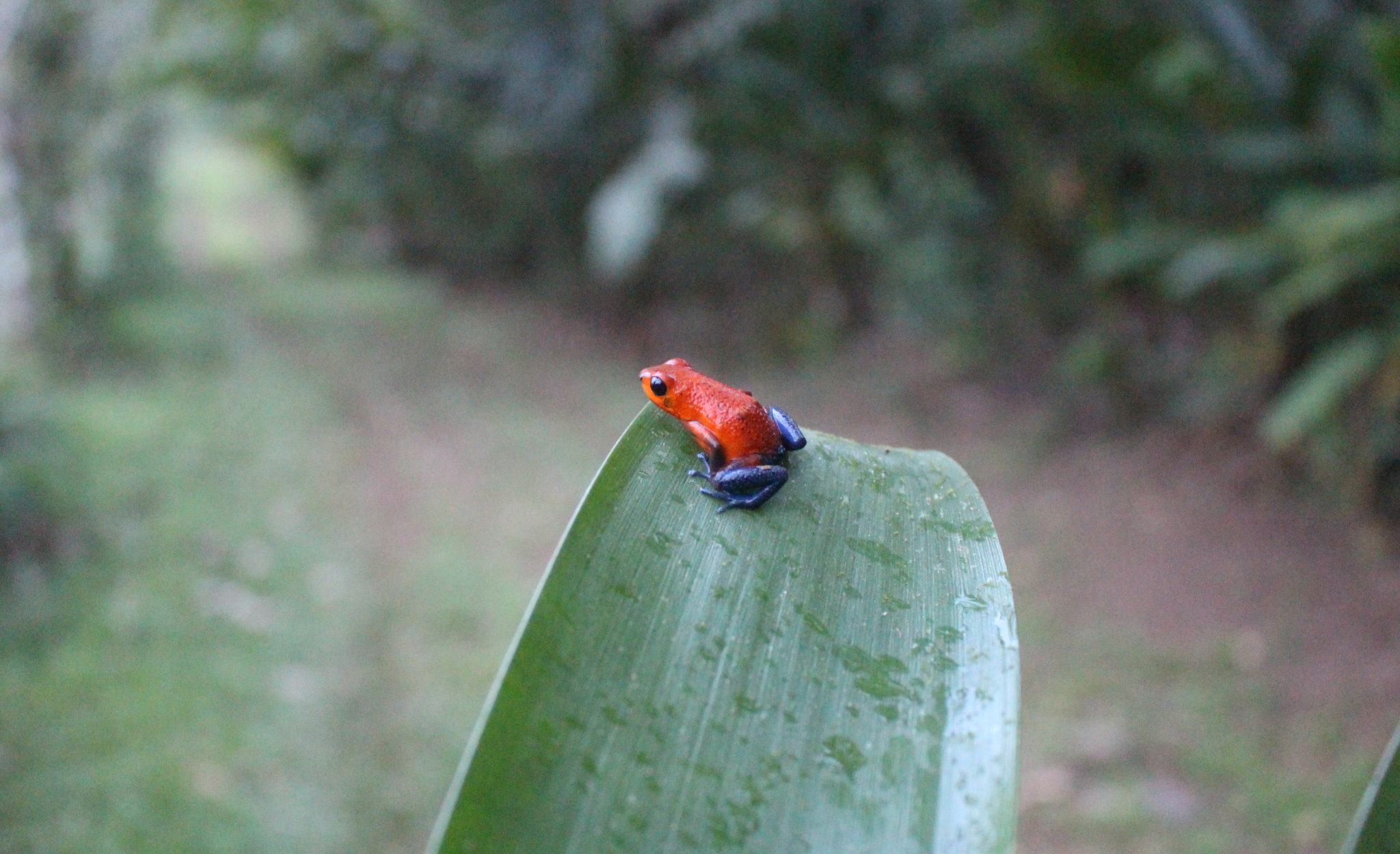
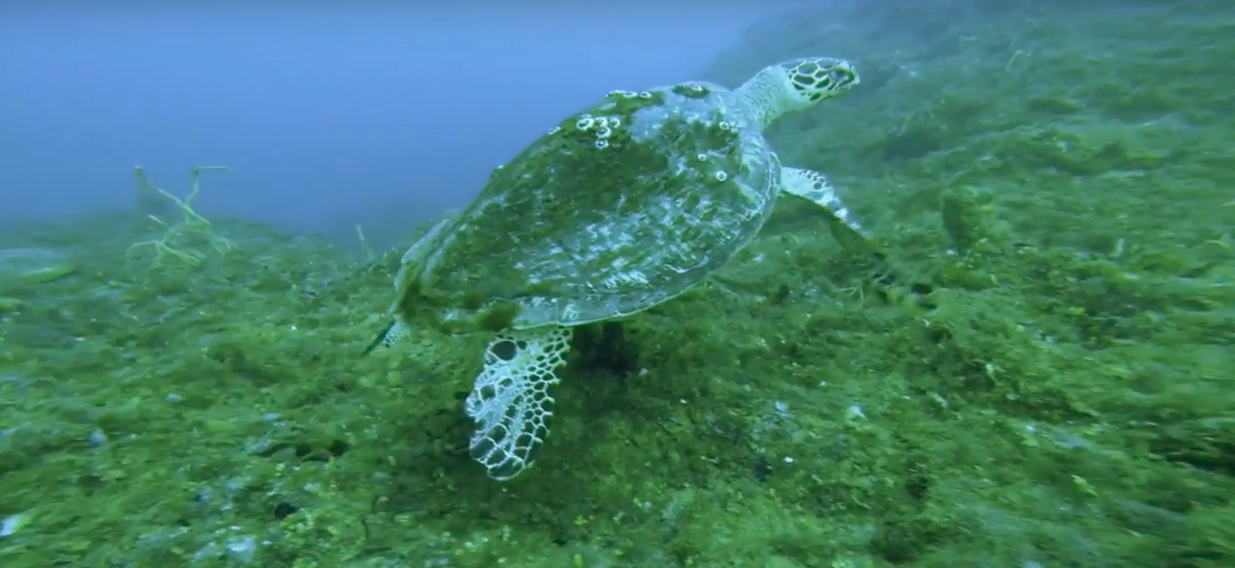



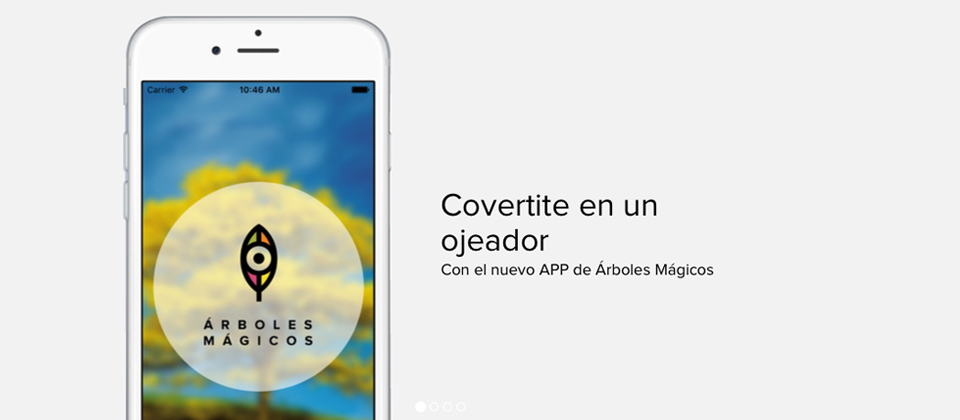
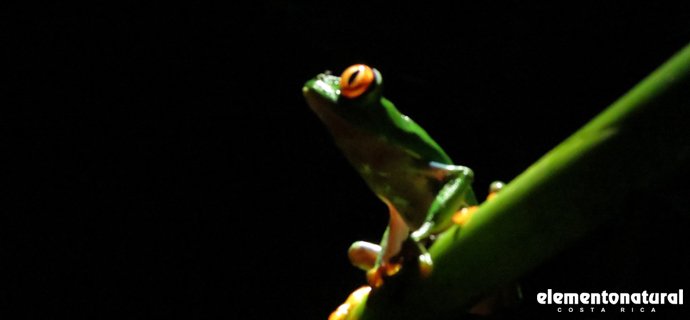
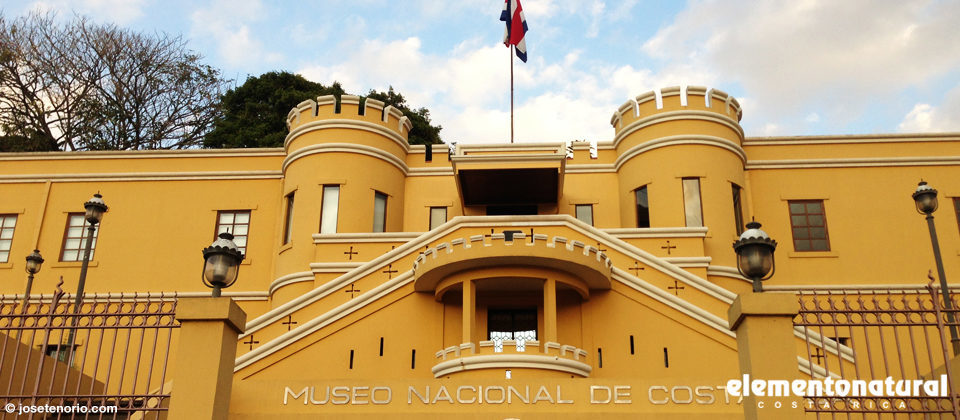
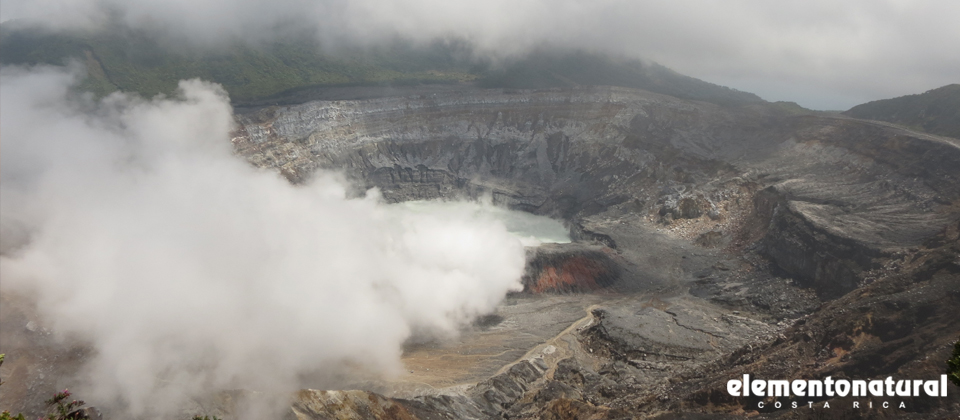
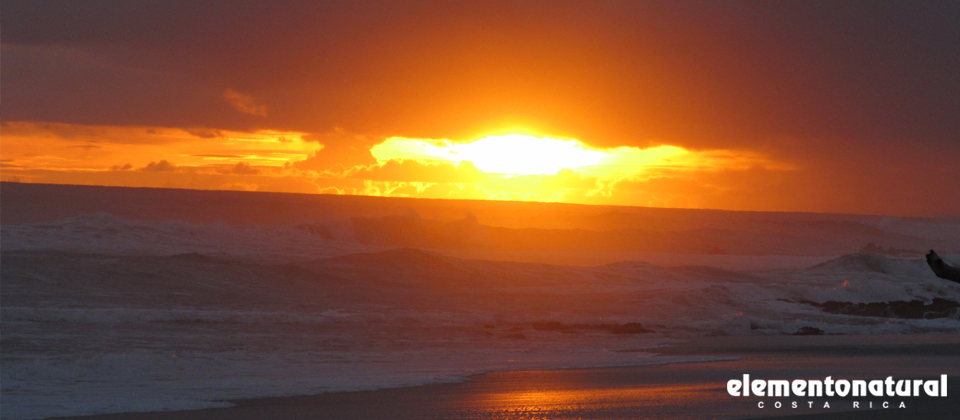
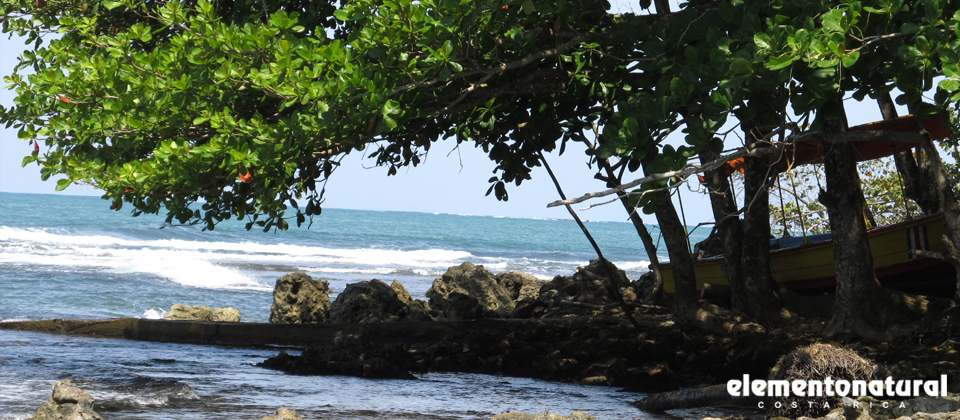
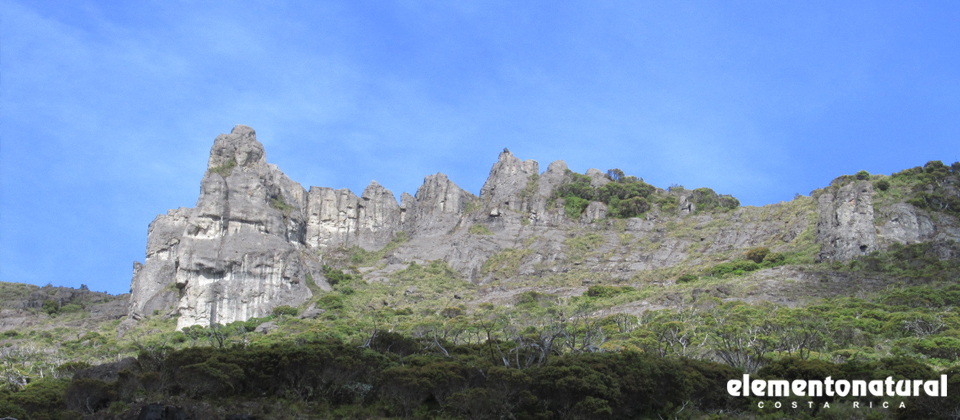
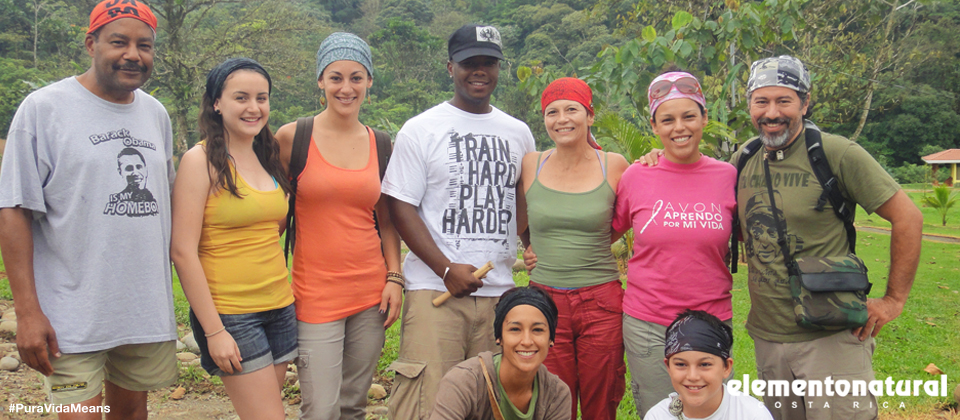
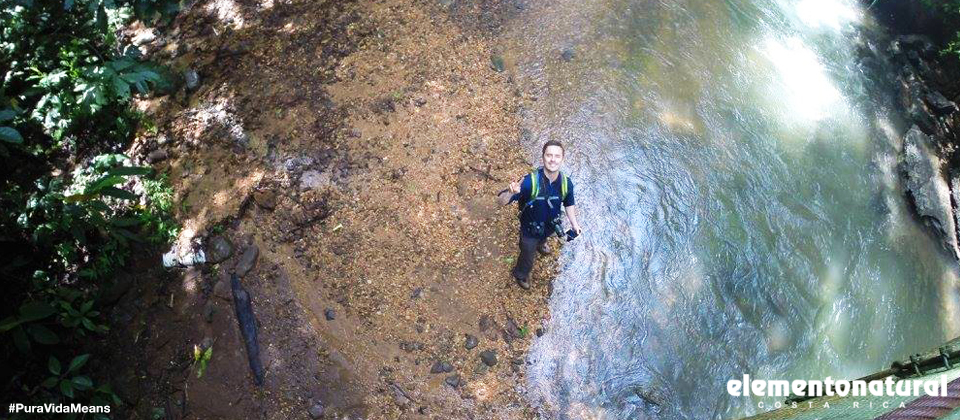
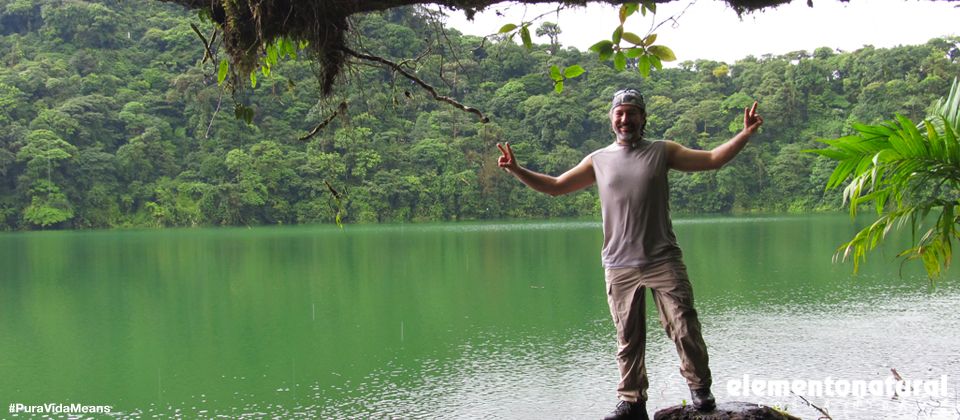
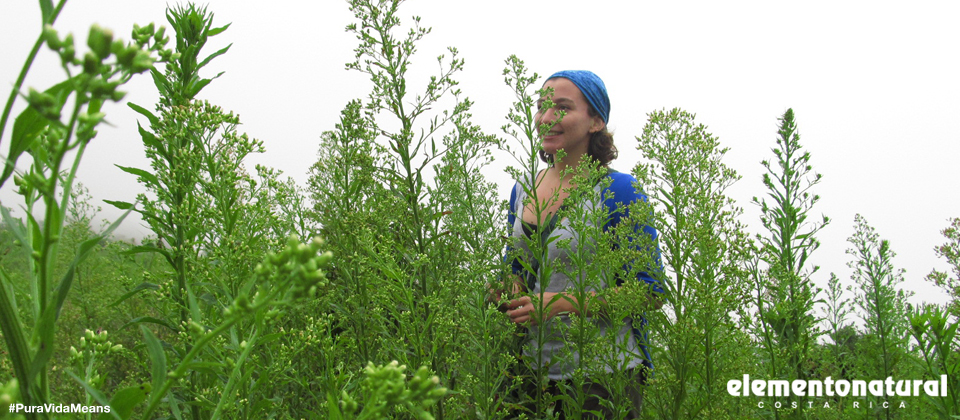
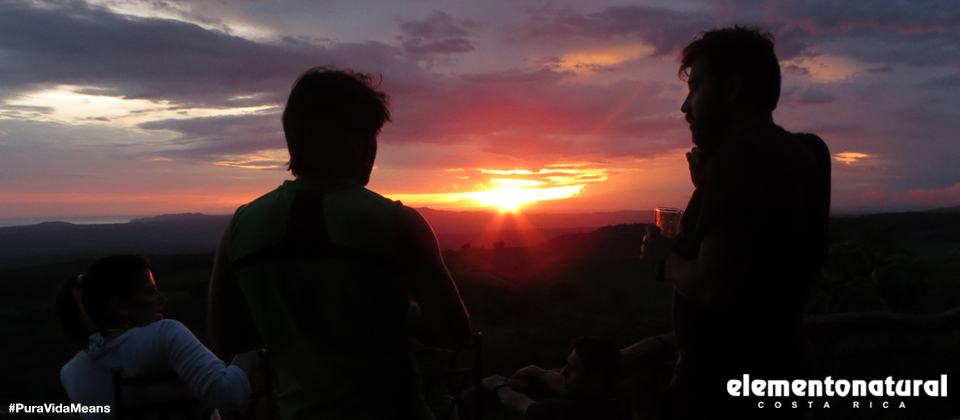
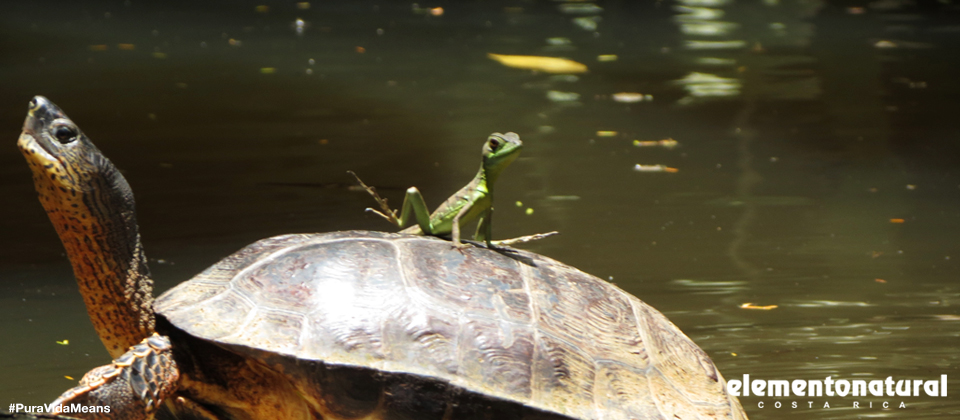
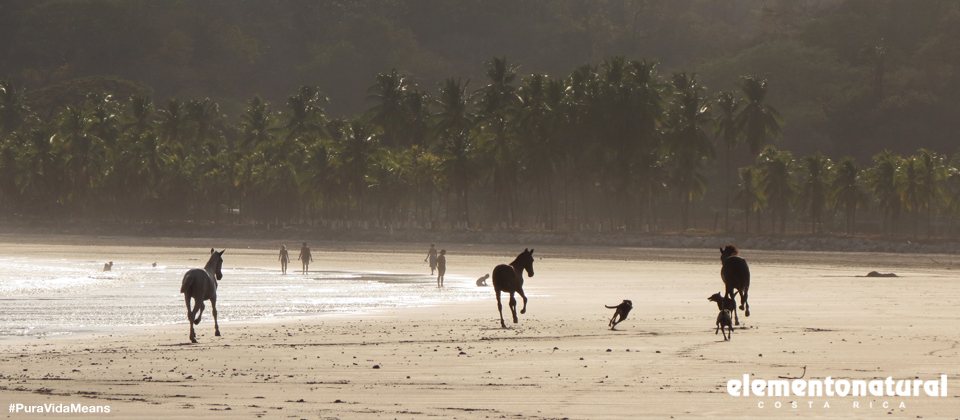
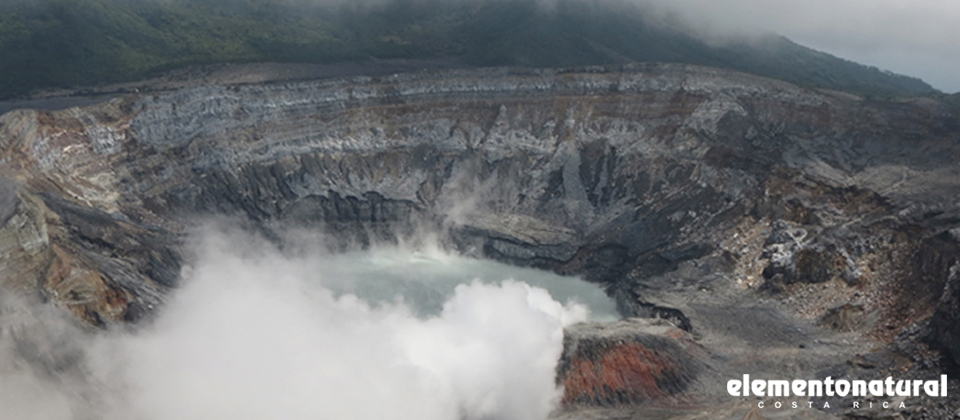
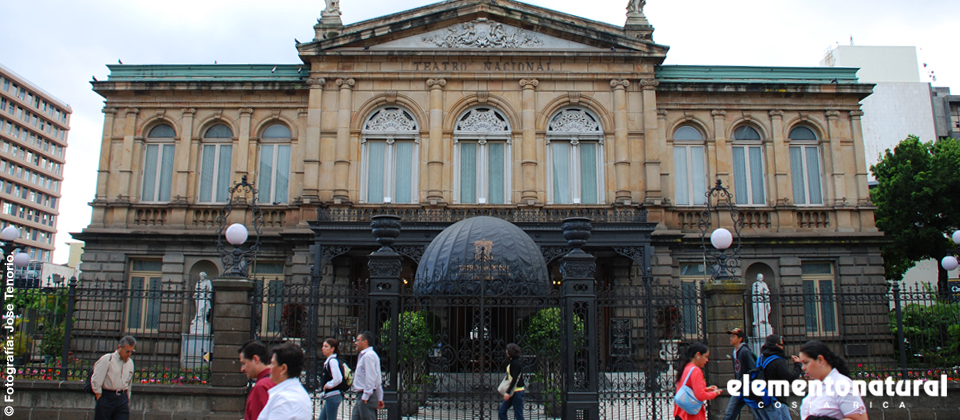
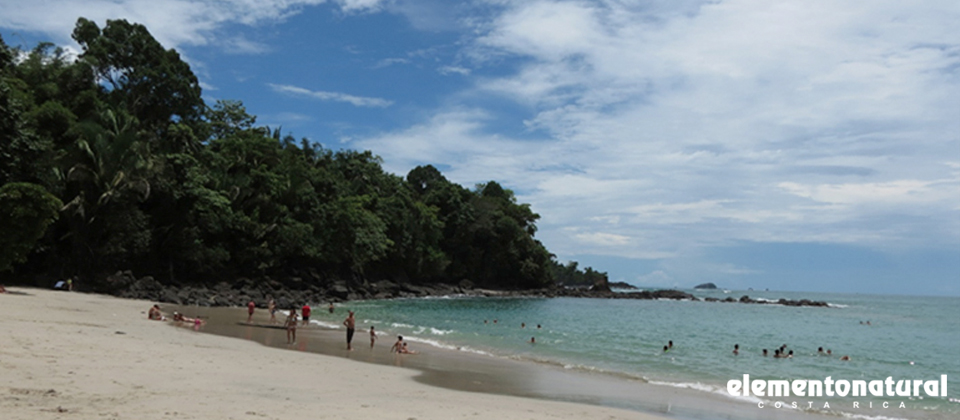 Manuel Antonio National Park, Quepos, Costa Rica.
Manuel Antonio National Park, Quepos, Costa Rica.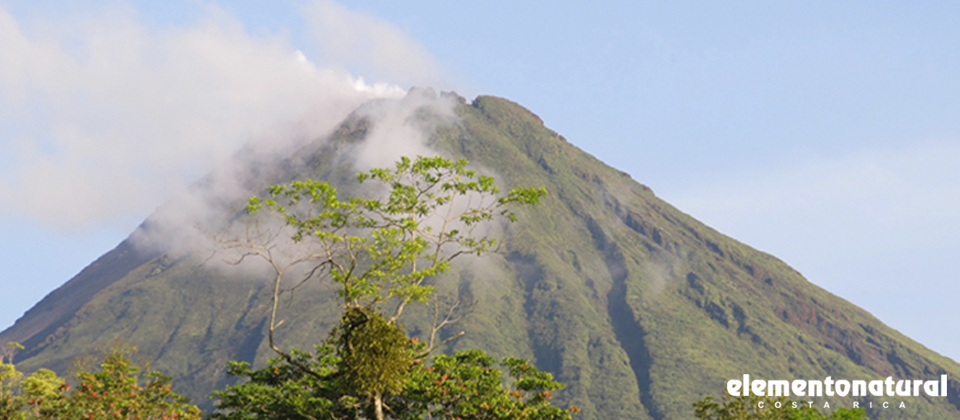 Arenal Volcano, La Fortuna de San Carlos.
Arenal Volcano, La Fortuna de San Carlos.